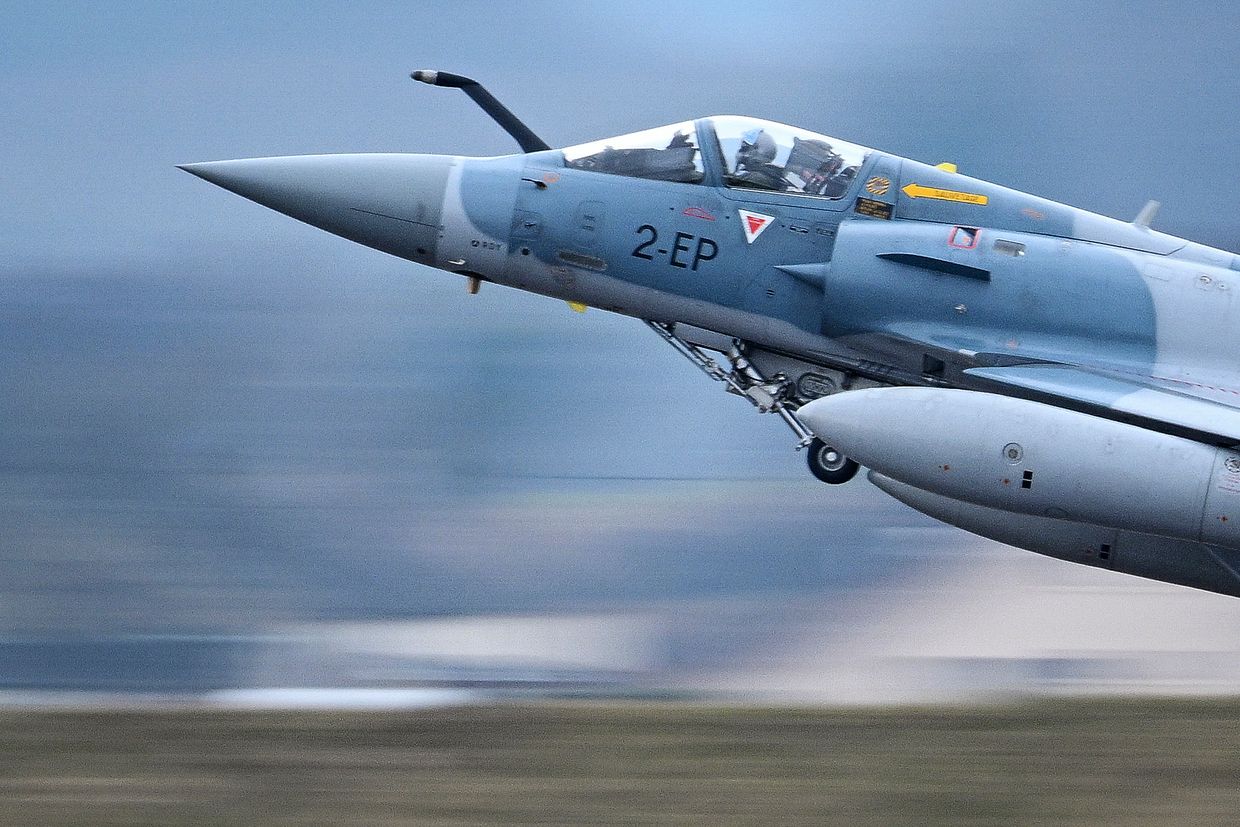OSINT project reports another failed Russian nuclear missile test

Open-source intelligence project MeNMyRC reported on Sept. 19 that a test launch of Russia’s RS-28 Sarmat Super-Heavy Intercontinental Ballistic Missile (ICBM) resulted in failure at the launch site in Plesetsk, Russia based on analysis of satellite images.
Plesetsk Cosmodrome is a Russian spaceport located in Mirny, Arkhangelsk Oblast, about 800 kilometers north of Moscow.
MeNMyRC reported the test as a "complete failure," determining that the missile "detonated in the silo leaving a massive crater and destroying the test site."
Sarmat, which was placed on combat duty in 2023, often referred to as Satan II, is one of Russia’s key components to its nuclear arsenal. The silo-based missile with multiple warheads was announced to be in development by Russian President Vladimir Putin in 2018 as a successor to the Cold War-era R-36 ICMBs, known by their NATO codename Satan.
Maintenance of Russia’s ICBM arsenal had been outsourced to Ukraine in 2008, however, that cooperation ended in 2014 with Russia’s annexation of Crimea.
The development of Sarmat began in 2013 and has been plagued with errors and delays. This was Sarmat’s fourth failure since being placed on combat duty with Sarmat’s only successful launch occurring in April 2022.












